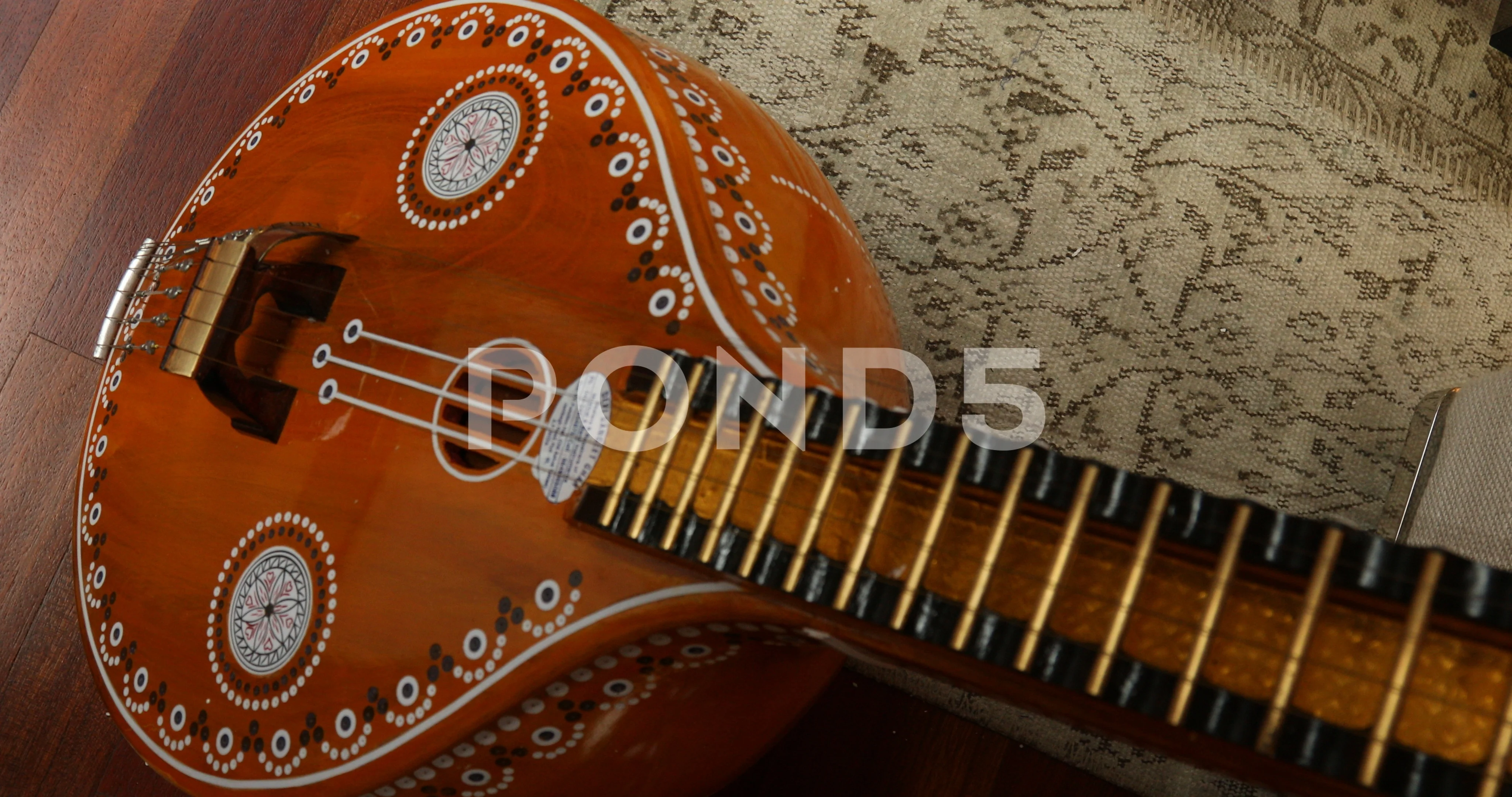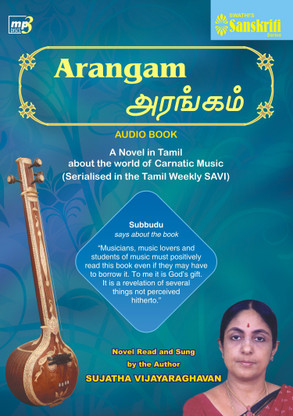
Sankaran (not to be confused with musician Trichy Sankaran) was both an officer at AIR and director of Tamil Isai Sangham he was also a singer who used to perform for the radio in 1930s. Three of her grandchildren (Brinda, Balasaraswathi, Vishwanathan) were awarded Sangeetha Kalanidhi title. Of her four daughters, Rajalakshmi was the oldest, Lakshmiratnam the next, Jayammal was the third oldest and Kamakshi was the youngest. Viswanathan." Her daughters Lakshmiratnam (mother of AIR Deputy Director T Sankaran), Jayammal (mother of Balasaraswati, T Ranganathan, and T Viswanathan) and Kamakshi (mother of Brinda, Mukta and Abhiramasundari) were also performing musicians and teachers.

These compositions, mainly javali and padam, have been preserved, taught, and published by her grandchildren, T. Many songs by leading composers like Narasimhacarlu, Mutialpet Ponnusvami, Tiruvottriyur Tyagayyar, and especially Dharmapuri Subbarayar were composed for, or inspired by, Dhanammal. Her continuing impact is ascribed to the scope of her repertoire, knowledge and refinement. Musicians, critics and composers attended her private recitals in Chennai. Her personal style, known as the Veenai Dhanammal bani, is still regarded as a yardstick in terms of adherence to traditional values and profoundity of music expression. Her music is documented in a set of historical recordings.


"Regarding the veenai as an instrument complete and perfect in itself, she played it without plectrum, and often accompanied by her own singing. In addition to training by her family members, Dhanammal also learned from Walajapet Balakrishna Das ("Padam Baladas"), a blind musician who was a repository of the padams of Kshetrayya, and Satanur Pancanatha Iyer. Her grandmother Kamakshi was a reputed dancer, and her mother was a vocalist who trained under Subbaraya Sastri, the son of Syama Sastri of the Carnatic music composer trinity. Dhanammal was born in George Town, Madras (now Chennai), into a family of professional musicians and dancers.


 0 kommentar(er)
0 kommentar(er)
